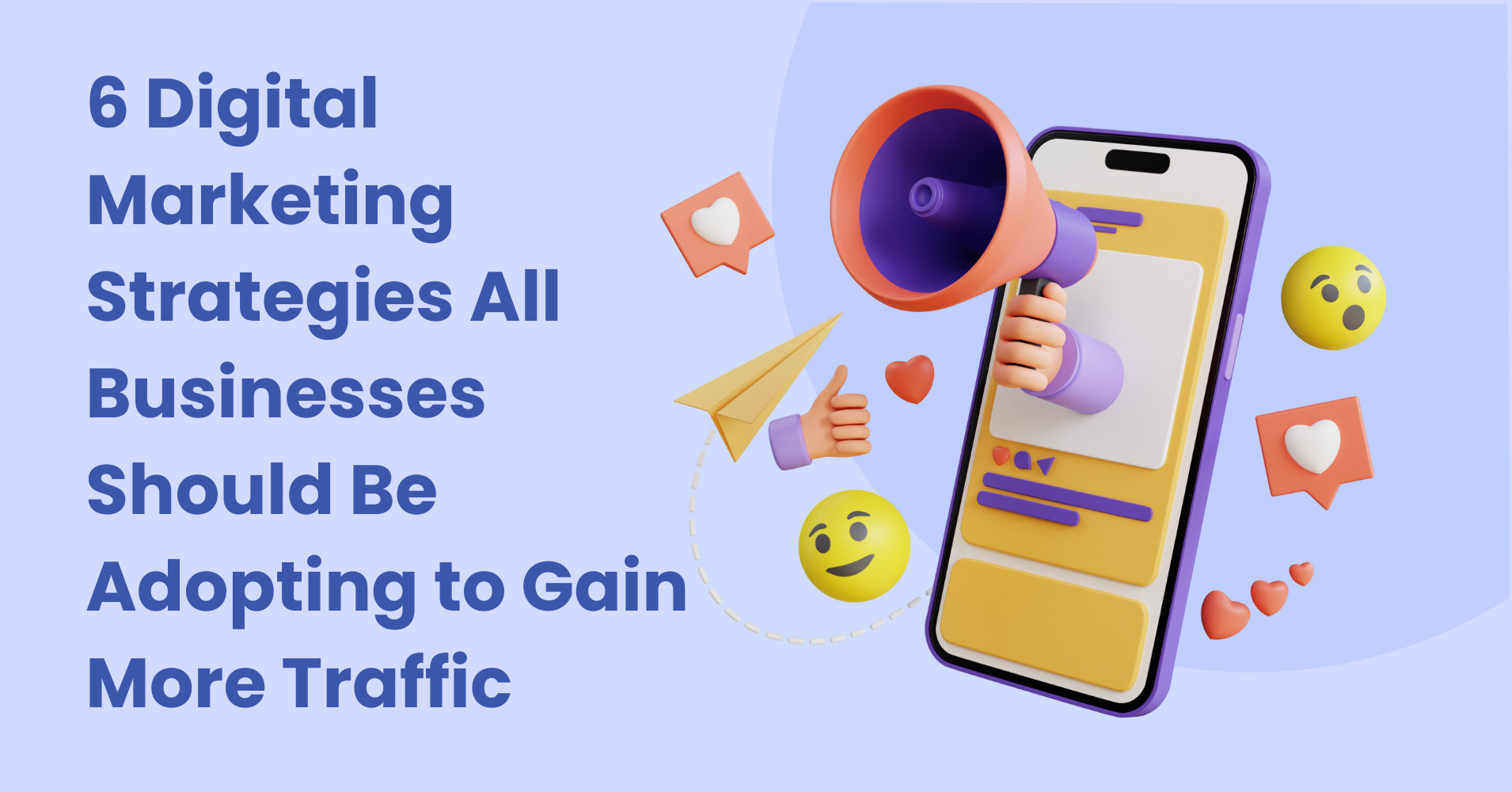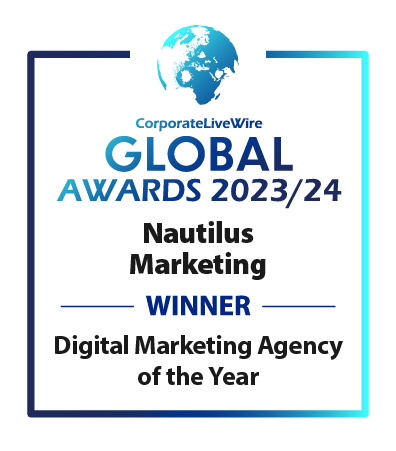Effective communication is the cornerstone of professional interactions in the business arena. Letters provide a distinct opportunity to solidify relationships, establish credibility, and reinforce an organisation’s brand identity. When businesses consistently incorporate branding elements—such as logos, colours, and specific tones—across their correspondence, they significantly enhance recognition and trust among clients and partners. The communication style can greatly influence perceptions, whether engaging potential customers or current employees. Thus, leveraging professionally designed business letter templates is essential for establishing a cohesive brand presence.
Why Business Letter Templates Are Essential for Branding
Business letter templates serve as critical tools for ensuring branding consistency. Companies can effectively reinforce their visual identity through logos, fonts, and tone by adhering to a standardised format for all correspondence. This approach enhances brand recognition and reflects professionalism in communications. For organisations managing multiple clients or departments, templates simplify the process, allowing quick access to pre-designed layouts that maintain uniformity in messaging.
Attention to detail in communication directly impacts how messages are received. A well-structured letter fosters trust and demonstrates respect for the recipient’s time. Professional letterhead and clear formatting contribute to an organised presentation that resonates positively with business clients and corporate partners.
Common Types of Business Letters and Their Importance
Familiarity with different types of business letters allows for effective communication tailored to specific purposes. Here are some essential letter types to consider:
- Customer Service Letters: These letters are crucial for addressing customer inquiries or complaints. A prompt, well-crafted response can transform a disgruntled customer into a loyal advocate, significantly enhancing your organisation’s reputation.
- Partnership and Collaboration Letters: Crafting letters aimed at potential partners can open doors to new business opportunities. By reaching out with professionalism and clarity, you can foster relationships that lead to mutually beneficial collaborations.
- Internal Communication Letters: Standardised internal communication letters ensure that all team members are on the same page. This is especially important in larger organisations, where clear communication can help align objectives and streamline operations.
Understanding the various forms of business letters aids in effective communication and enhances your ability to tailor messages for different audiences.
Customising Business Letter Templates for Different Audiences
Being able to customise business letters for specific recipients is an invaluable skill. Adapting tone and language can significantly shift how messages are received:
Audience-Specific Tone
When addressing corporate clients, a formal tone is generally more appropriate, emphasising professionalism. For instance, phrases like “Dear Mr. Smith” and formal language can convey respect. Conversely, a warm and approachable style may work better when communicating with small businesses or partners, such as starting with “Hi John!” followed by a friendly message.
Personalised Touch
Incorporating the recipient’s name or referencing previous interactions demonstrates sincerity and can enhance engagement. For example, a letter following a conference where you met a potential client could reference a specific discussion point, making the communication feel more personalised and relevant.
Alignment with Brand Messaging
Each letter should reflect your overall business strategy and core values. For instance, if your brand emphasises sustainability, a letter announcing a new eco-friendly product should present the facts and evoke excitement about your commitment to environmental responsibility. This alignment strengthens the connection between your communication and your brand’s mission.
Customising communications fosters better relationships and ensures your message aligns with your organisation’s mission and goals.
How Well-Designed Letters Can Strengthen Your Brand Image
The design of business letters plays a pivotal role in shaping the brand image. Clear, professional communication can significantly enhance customer trust and loyalty. A thoughtfully designed letter—incorporating design elements that reflect your brand—conveys a sense of importance and care. Utilising letter templates can help reinforce business values through consistent formatting and branding elements.
Moreover, these letters can serve a broader role in your marketing strategy. By integrating relevant calls-to-action within letters—such as inviting customers to visit your website or encouraging them to subscribe to a newsletter—you can drive engagement and further solidify your brand presence. A well-crafted letter is a vehicle for delivering a message and your opportunity to create a lasting impression.
Where to Find Effective Business Letter Templates for Digital Marketers
For those searching for business letter templates, trusted sources can provide access to various options tailored to different needs. Platforms often feature a gallery of templates designed for various types of business letters, from employee verification letters to job offer letters.
Maintaining professionalism is crucial when integrating marketing elements into these letters. Including an email address or physical address in a clear format is essential for fostering effective business communications. Equally important is ensuring that your templates comply with industry standards and client expectations—doing so enhances credibility and effectiveness in outreach efforts.
Utilising business letter templates streamlines communication while reinforcing a cohesive brand identity. By carefully considering design, tone, and audience, businesses can create impactful letters that resonate with their clients and partners, ultimately strengthening their brand.






